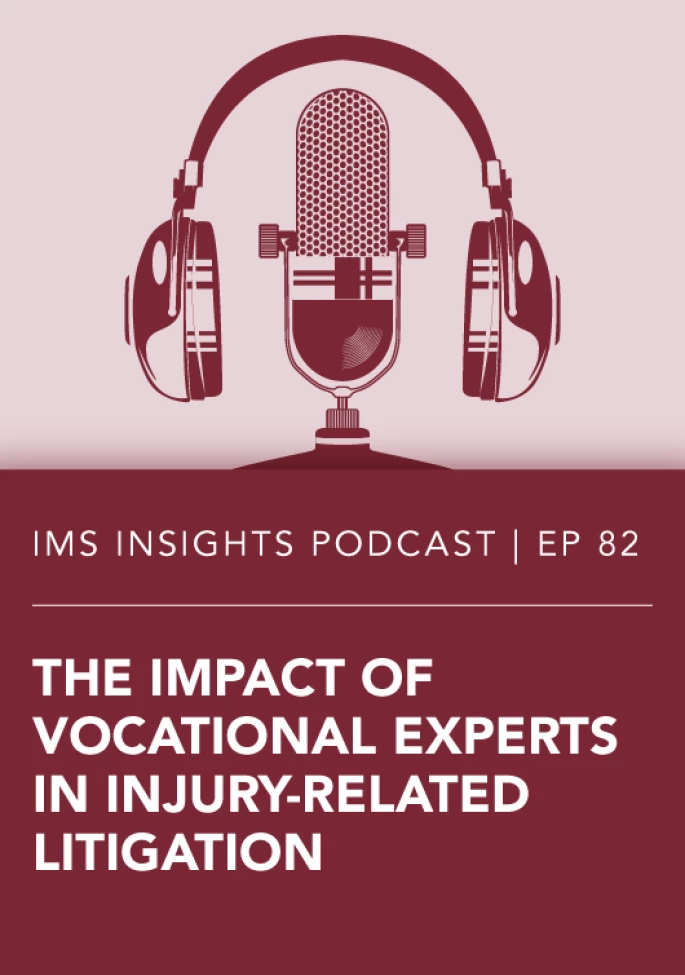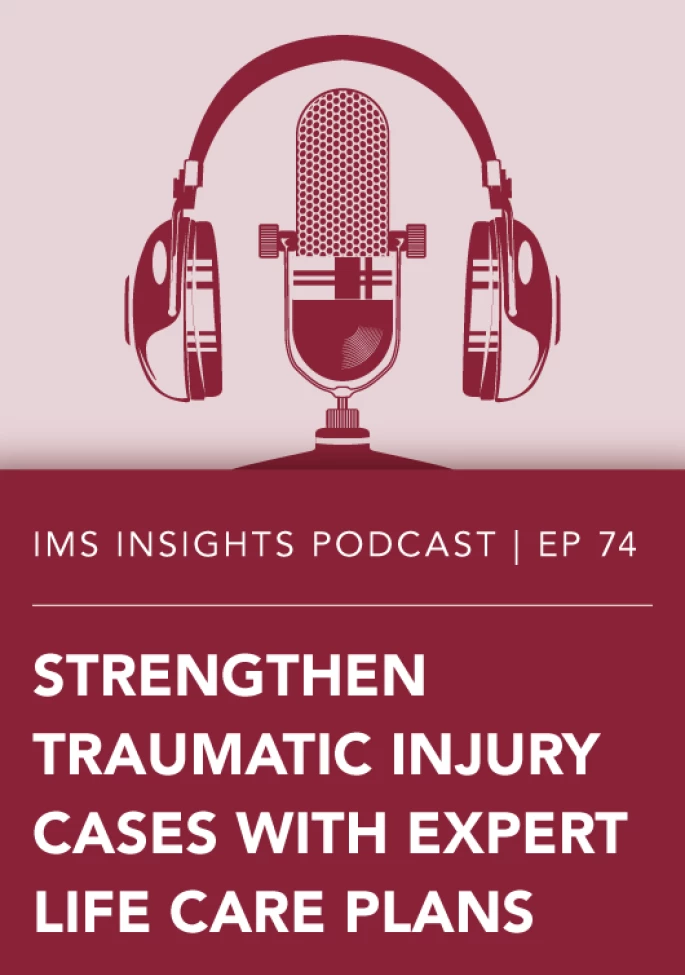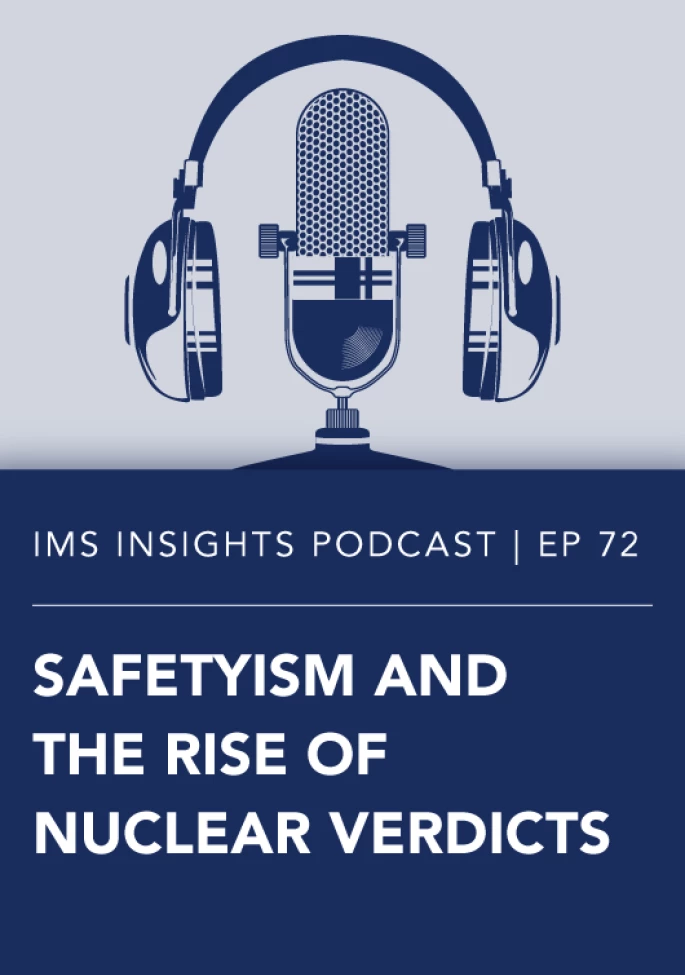Teresa Barber: Doctor Bysinger let me ask you, in recent years we've been seeing more and more the emergence of electric vehicles, they've been becoming more affordable, more accessible to the general public, both in size and in pricing. We know power supplies are becoming more economical and efficient. How would you say the industry, the EV industry has evolved from a luxury concept to everyday use?
Dr. Bysinger: What's really interesting about that is when I first got into the EV industry a couple years ago, just starting to look at it, I assumed that everything was high end vehicles. But, the fact is the largest sold electric vehicle in the world is the Nissan Leaf, which is a sub-compact car, and the Nissan Leaf is sold in hundreds of thousands of units have been sold throughout the world. We in the US are about a couple hundred thousand I think, but throughout the world it's two to three times that, and the reason for it is that it's a small, it was an affordable, and it was a minimum distance type of vehicle. What's happened ... And then, everybody talks about Tesla, which is the higher end, but that's a very, very limited market.
Dr. Bysinger: Nissan Leaf is a mass market solution, and Renault also has a very similar, that's based around the Nissan Leaf mass market appeal as well. So, the issue that's happening in these last few years, and by the way the EV's were introduced in the early 2010's if you will, so they've been out for about six or seven years now. The Leaf specifically has, but the dilemma has been the power pack. When you look at an electric vehicle there's no engine. The reality is that the battery is the engine, or the battery subsystem is the engine, so over time the battery starts degrading because of just the way normal batteries, same thing with batteries in your flashlight, over time they degrade depending on how much you use them. Even if you only go 15, or 20, or 30 miles, if you do that a lot they're going to degrade. So, at about the third or fourth year degradation can get as low as 20% of purchased battery solution in that car.
Dr. Bysinger: And, therefore ... And, to replace it, whether it's a Tesla, that $35-40,000 replacement for the battery, or a Nissan Leaf, which is anywhere between eight and twelve to $15,000 replacement for the battery. This presents a scenario that most customers aren't used to. So, a lot of customers, especially in a small sub-compact car don't necessarily want to have the latest and greatest, they like what they've got, and it goes far, they enjoy it. And, by the way Leaf owners are very, very covetous of their Leaf, so that has presented some scenario solutions that have challenged the industry.
Dr. Bysinger: I think where I would see litigation happening is expectation for purchasing an electric vehicle. If you go purchase an electric vehicle, what are they really telling you about the life of that vehicle? The fact is you replace the tires, and you replace the battery in an electric vehicle, that's about it, you don't replace much else, okay? So, tires are the same price they are in the normal world, the batteries are a much different equation, and the question becomes do you want to pay engine- in a normal combustion engine car you do an engine rebuild, and it's between $15-20,000. Do a rebuild, you do that normally around 200,000 miles. Now, if you have to do that let's say, in a Nissan Leaf in year three or four, which may only be, you only traveled maybe 50,000 miles, that quickly becomes a problem.
Dr. Bysinger: So, there are issues here that people are not prepared for. You need to look at electric vehicles as a battery and a network, that's really what runs the car, okay? So, it's a whole different paradigm than we have been used to in combustion engines. You can't go down the street to the automobile store and buy a set of spark plugs to make it work any better, it ain't going to work that way. Therefore, it's a whole new world that people need to wrap their head around and say, "is that something that ... I know it's coming, but when do I get involved, and in what scenario do I get involved, and what is going to be my economic advantage, or my economic disadvantage in getting involved?"
Dr. Bysinger: And, I think that there are going to be issues with regard to manufacturers that are going to have some whiplash from patients. I think salespeople who are selling in dealerships are going to have some issues and challenges with patients I said, with consumers.
Teresa Barber: Right.
Dr. Bysinger: The issue is that, yeah, there are a number of things that you need to think about, and it really is a massive paradigm shift for all of our thinking around the automobile, or any conveyance because it's not just the automobile, we're talking about marine vessels, we're talking about home energy systems, we're talking about all kinds of things in this world that are going to be generating energy in a way that is totally different than today, and this is going to happen, I believe very rapidly over the next 20 years. We're going to see a lot of changes in combustion engines used in multiple conveyances or energy facilities if you will.
Teresa Barber: Yeah, interesting, really interesting. You know, another thing that you've mentioned before, we hear a lot about testing and use of self-driving cars, such a fascinating topic, and the use of artificial intelligence in transportation systems. Where do you see these types of applications driving, no pun intended, driving the industry? What should commercial litigators be watching for?
Dr. Bysinger: Yeah, the driverless car is really a fascinating scenario because the driverless car in my opinion, well driverless vehicle will be used by the commercial users of vehicles because they can predict the routes that they're going to go on, and through AI they can also predict what to do in case there is something that's an anomaly. So, AI can help in that anomaly resistance process, but they're going to have more fixed routes, whereas consumers who travel for ... Going back and forth to work is not going to be the issue. The issue is going to be when you leave your home environment and go on a trip, and the car becomes driverless, and what does that mean when most of us who go on trips stop at will? We don't just stop on plan, we can stop anywhere, or we can encounter things that are not necessarily controlled by an environment that perhaps is much larger and can be controlled in various ways even from drones.
Dr. Bysinger: I think a lot of driverless cars in the larger scheme of things are going to be controlled by drones that are in the air that are mapping routes and things. But as normal consumers, unless somebody provides a service, and somebody could, that would monitor all of our casual driving away from our home of residence, or away from the business that we commute to we're going to have problems, and they're going to be problems that are going to go back to ... It's just like the pharmaceutical problem. The problem was not that I bought a bad pharmaceutical and took it and had serious problems just because the manufacturer of that ... So, it's going to go all the way back to manufacturer of the driverless vehicle is going to be up against litigation of multiple types from just the average person, not necessarily the fleet owners. I think the fleet owners can solve it, but I think the average person's going to have some issues with this.
Teresa Barber: Mm-hmm. Yeah, and we've seen a little bit of public pushback around self-driving cars too, how ripe do you think the market is today versus how ripe you think it may be in three years once the first adopters are out there, or the first advancers are out there?
Dr. Bysinger: Well, and you know Amazon just announced that they're going to be doing something with that fairly soon, and if anybody can control a market, or influence a market they seem to be the one that can do that. So, I think that a lot of skepticism ... The technology in my opinion, and I'm not that close to it, but based around where EV's are, I think the technology is not mature enough today to feel highly confident about the safety of that mode of operation. I think that'll improve over time, but I don't think our highways are built for it, I don't think our roads are built for it. I think we really need to do a better job of re-engineering the public road system to accommodate these types of vehicles and capabilities, and I'm not sure that congress is up to doing that. But, I think when they look at putting money together for infrastructure one of the big infrastructure decisions should be wrapped around the commercialization of electric vehicles and driverless conveyances in an interstate, or with intrastate model, and I'm not sure anybody's even thinking about that yet.
Teresa Barber: It's like you had said before about another topic, kind of paradigm shift.
Dr. Bysinger: Right, exactly, exactly. Mm-hmm.









